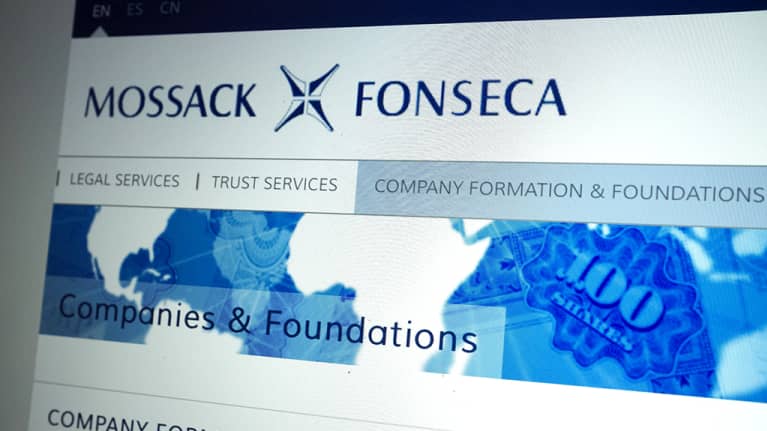Finnish tax authorities are calling on national broadcaster Yle to hand over the data sources that formed the basis of the so-called Panama Papers leak and related reporting on cases of suspected tax avoidance. However we will not comply with the request. We see this demand as a fundamental challenge to press freedom in Finland.
We understand only too well that the tax authorities and politicians are interested in the documents leaked from the Panamanian law firm Mossack Fonseca. The issue of tax avoidance and its detrimental effects on the wider society have also been an important starting point for us when we began the very extensive work of analysing the leaked documents. We are therefore to some extent on the same page with the officials on this matter.
However one data leak – no matter how expansive – is no reason to compromise freedom of expression in Finland and decades of journalistic principle upheld throughout Europe. In spite of their breadth, the Panama papers revelations cannot be used as a premise to jeopardise the confidentiality of journalistic sources and in the long term, the opportunity for Finnish journalists to conduct serious investigative journalism.
ICIJ will not hand over material
It must be noted first, that Yle does not physically possess any files, rather, some Yle journalists have access to the leaked data. The owner of the material, the International Consortium for Investigative Journalists, ICIJ, has declared that it will not hand over the material to officials. Nearly 100 media organisations who are also working with the documents have also committed to abiding by the ICIJ’s position.
The reason for this is our mandate to protect our sources.
The principle of source confidentiality ensures that ordinary citizens can reveal major injustices without fear of reprisals. Source confidentiality doesn’t only relate to names, but also requires protecting any other detail that could lead to exposing the identity of the source. According to the ICIJ, the latest leak has sensitive information that could contain references to the identity of the source and could compromise – or even endanger – the person or persons involved. It is because of this that due discretion has been exercised in publishing some documents, in collaboration and according to journalistic principles.
If out of a network of 400 journalists participating in the project, Finnish journalists alone were to hand over any information to a third party, Yle’s access to the material would presumably be immediately be revoked. We could no doubt live with this.
What would be more serious is that Yle’s actions would jeopardise the chances of Finnish journalists participating in international investigative networks. Who would involve a journalist from a country where there is a risk that officials can demand – and receive – confidential information? How reliable would others consider an organisation that officials could barge into to confiscate files? Could Finns themselves ever rely on journalists to protect their sources?
ICIJ to go public with open files
The work continues and if we find any information of material significance to the wider society, Yle will publish additional news reports. In addition to this the ICIJ has said that it will in due course release all of the open files – involving some 200,000 tax haven companies and the individuals linked to them – very likely on May 9. Officials will then have access to that information.
We know that government officials are not interested in who has leaked the information, but want to focus on the Finnish individuals named in the 11 million documents disclosed. Officials in other countries are also interested in the data, however they have accepted the explanation that media organisations do not have the material in their possession.
The scale of the Panama Papers leak has been unprecedented, but so far Mossack Fonseca is just one of hundreds of law firms involved. The leaks will probably not stop. International cooperation will most likely play an increasingly important role in analysing the files.
It is in the interest of all Finnish residents for journalists to continue to participate in networks that investigate these data and other material of social significance. The Panama Papers are important, but this is a question of even more meaningful values and principles.
Ville Vilén, Creative director, Yle
Marit af Björkesten, Controller of Svenska Yle
